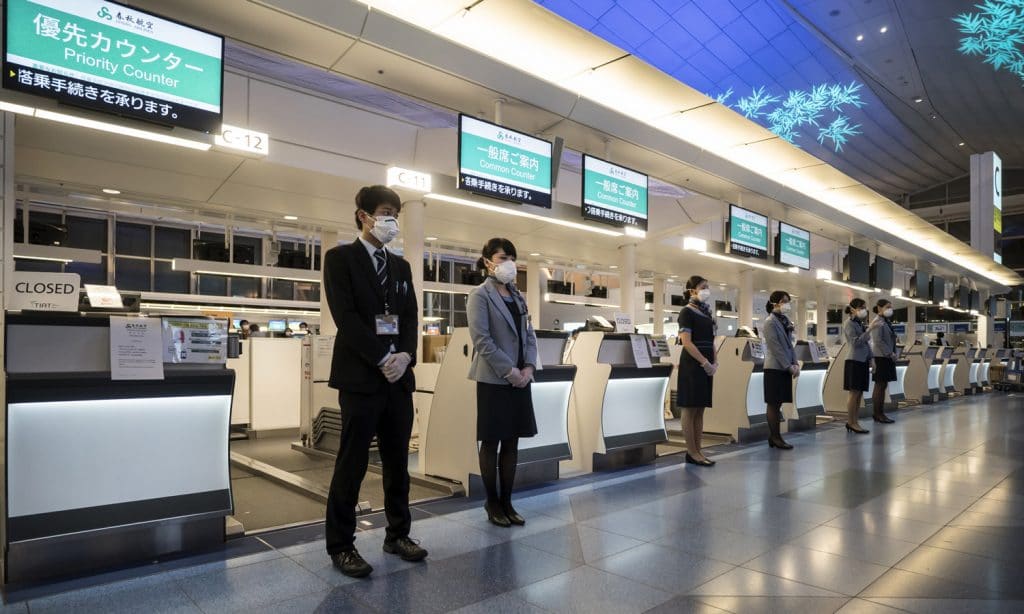The prospect of coming into contact with people who carry the virus can make anyone a little nervous, which is why the World Health Organization is here to help.
The coronavirus (COVID-19) has caused a lot of panic due to misinformation. Although there have been plenty of deaths associated with the virus (more than 1,300 and counting), it remains largely contained in China, not in your favorite Chinatown restaurant. About 2% of coronavirus cases have occurred in other countries. In fact, only 15 cases have been reported so far in the U.S..
Still, the prospect of traveling and coming into contact with people who carry the virus can make anyone a little nervous, which is why the World Health Organization answered a Q&A on the matter.
RELATED: 5 Ways To Stay Well When Everyone Else Is Getting Sick
Q&A on advice for travellers during 2019-nCoV with @carmendolea. #AskWHO https://t.co/q9YK8nljcs
— World Health Organization (WHO) (@WHO) February 10, 2020
Here’s what you should do to stay safe while flying, according to the WHO:
It’s okay to travel
Many airlines traveling to China have suspended their services, so it’s important to call and ask them any questions you may have if you’re planning an overseas trip. It’s most likely okay for you to travel though. Even if there’s higher odds of contacting any virus when in an airport or a crowded space (in this case both), the Coronavirus remains limited to China.
Act as if you’re protecting yourself from the flu

RELATED: The Surprising Way The Coronavirus Affects The Marijuana Industry
There’s no need to go overboard and wear a face mask. The WHO recommends protecting yourself as if you were avoiding the seasonal flu. Wash your hands regularly and especially before eating, use hand sanitizer, cough and sneeze into a tissue or your elbow and avoid contact with people who are sick. If you’re sick, take special care of yourself and limit your contact with others. If you think you might have the Coronavirus, call your doctor.
Don’t panic
With every disease outbreak there’s always a flurry of panic. People go on TVs and wonder if the virus is a bioweapon or if it’s a pandemic that will kill us all. Instead of spreading panic, it’s important for everyone to get informed and to talk about the things that are truthful. Although the outbreak of the virus is a public health emergency, it’s still hasn’t reached pandemic levels and there’s still a lot of stuff we don’t know.


